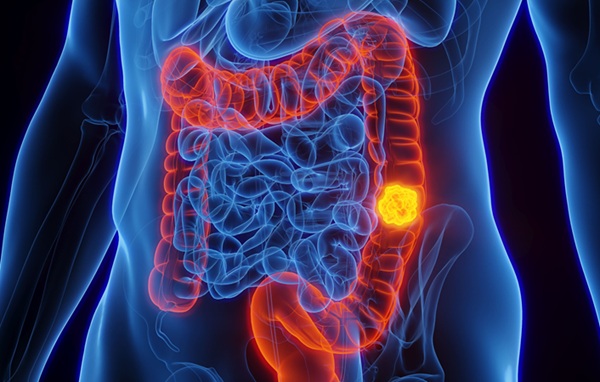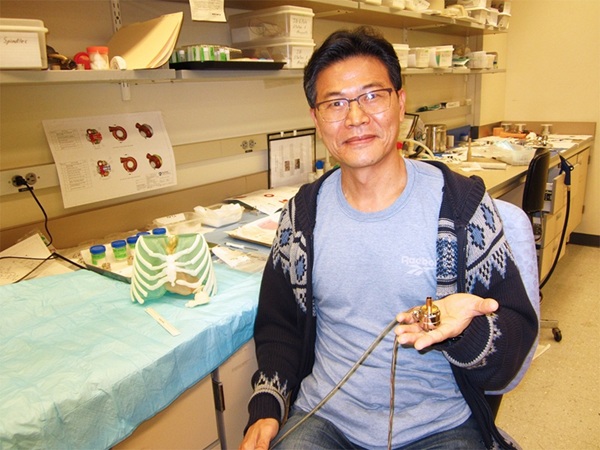AI Analyzes Data from MRI Scans, Biopsy and Blood Values to Diagnose Intestinal and Brain Disorders
|
By HospiMedica International staff writers Posted on 30 Jan 2024 |

Healthcare is now evolving towards a computer system that learns from extensive medical data and offers personalized advice for patients. This could involve, for instance, comparing a patient's MRI scan with a database of scans and comprehensive medical histories from similar cases. The complexity of this system lies in handling various data types, including textual information, blood test results, medical imagery, and genetic data.
An international team of researchers, which includes investigators from the Radboud University Medical Center in Nijmegen, Netherlands, and backed by a EURO 11 million grant from the European Commission, is in the process of creating an artificial intelligence (AI) system. This AI is designed to provide insights into several brain and intestinal disorders such as depression, anxiety, and obesity, and to explore the interrelations between these conditions. The computer system, named Ciompi, will be capable of connecting and analyzing diverse types of medical data. The focus is on disorders related to the brain and intestines due to the significant interplay between these two organs, known as the "gut-brain axis." The system will look for patterns in this multimodal data, like the simultaneous presence of specific conditions or states.
A considerable amount of data is already available from earlier studies, including 20,000 digitized images of intestinal polyps and biopsies, data on intestinal bacteria, genetic information, and numerous MRI brain scans. The researchers plan to interlink these data sets, and the broader scope of the EU project includes examining factors like air pollution. The computer system will employ algorithms that learn from this pool of data. These algorithms will be housed on the Grand Challenge platform, renowned for hosting global competitions to develop superior algorithms for medical image analysis, like CT or MRI scans. This platform also supports hosting various algorithms and data types, accessible in different formats. Presently, the platform accommodates medical images and digital pathology slides, but the project aims to incorporate additional data types such as genetic information. The new algorithms will be integrated into this platform. However, not all the data used for training the system will be stored online.
Increasingly, 'federated' methods are being employed to both train AI algorithms and access data. For example, in federated learning, the algorithms virtually visit different hospitals via the platform, learning directly from the medical data on-site, without the need to transfer the data out of the hospital. Once the algorithms have sufficiently learned from these virtual visits, they can then aid doctors in the future. For instance, Ciompi will be able to compare a patient's diverse data from the gut and brain, such as fMRI scans, intestinal biopsies, and metabolome sequences from fecal samples, with scans and medical records from similar cases. This system can then assist healthcare providers in diagnosing, predicting outcomes, identifying potential connections with other conditions, and recommending treatment strategies.
Related Links:
Radboud University Medical Center
Channels
Critical Care
view channel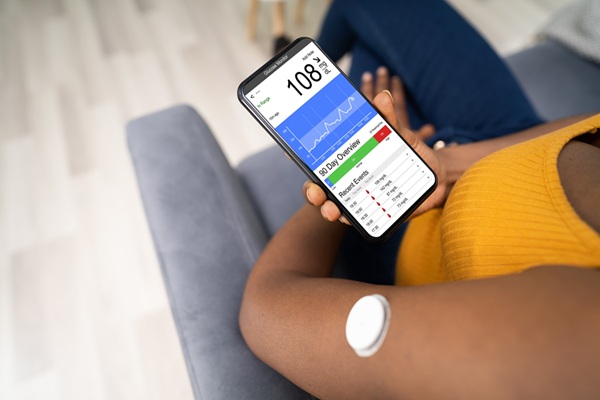
AI-Enhanced Wearables Could Transform Type 2 Diabetes and Prediabetes Care
Artificial intelligence (AI)–powered wearable devices, particularly continuous glucose monitors, are rapidly changing how people with prediabetes and Type 2 diabetes understand and manage their blood sugar.... Read more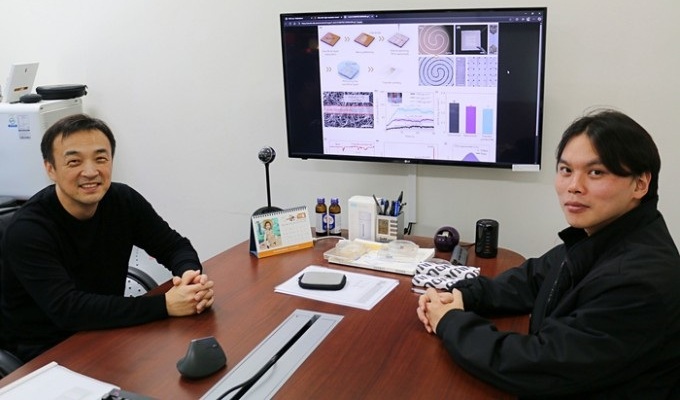
Breathable Electronic Skin Paves Way for Next-Generation Wearable Devices
Electronic skin devices are designed to adhere closely to the human body to monitor health and biosignals, but long-term use often leads to skin irritation caused by trapped sweat and poor breathability.... Read moreSurgical Techniques
view channel
3D-Printed Blood Vessel Scaffolds Could Transform Heart Bypass Surgeries
A tiny, opaque tube held up in a lab may look unremarkable at first glance, but its microscopic surface features could mark a meaningful step forward in heart bypass surgery. Measuring just about one centimeter... Read more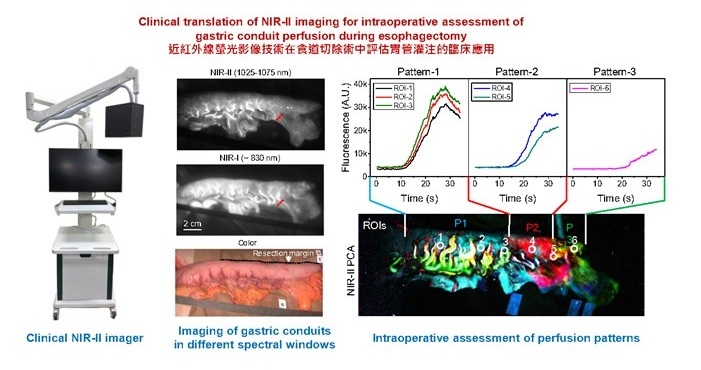
Novel Imaging Technique Helps View Blood Perfusion During Esophageal Surgery
Esophagectomy is a complex and high-risk surgery often required for esophageal cancer, with anastomotic leakage remaining one of its most serious complications. This defect at the surgical suture line... Read more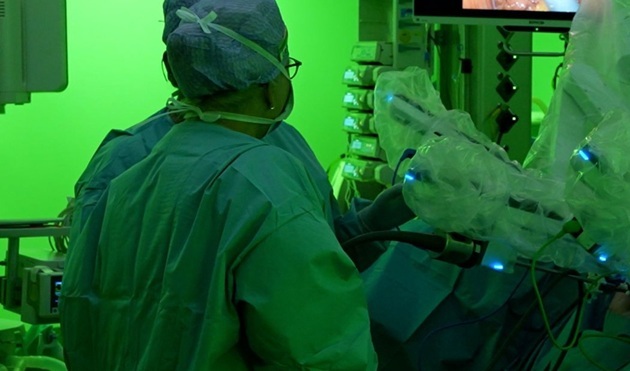
Minimally Invasive Surgery Proven Safe and Effective for Complex ‘Whipple’ Procedure
Tumors of the pancreatic head often require a highly complex operation known as pancreatoduodenectomy or the Whipple procedure. This surgery involves removing multiple structures and creating several internal... Read more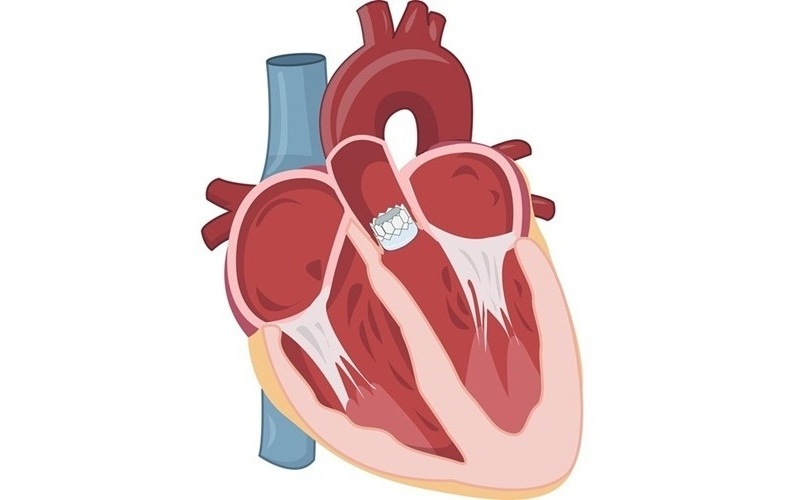
Catheter-Based Procedures Offer Less Invasive Option for Treatment of Valvular Disease
Valvular heart disease, caused by tight or leaky valves between heart chambers, affects up to 10% of older adults and leads to more than 120,000 deaths globally each year. Traditional open-heart surgery... Read morePatient Care
view channel
Revolutionary Automatic IV-Line Flushing Device to Enhance Infusion Care
More than 80% of in-hospital patients receive intravenous (IV) therapy. Every dose of IV medicine delivered in a small volume (<250 mL) infusion bag should be followed by subsequent flushing to ensure... Read more
VR Training Tool Combats Contamination of Portable Medical Equipment
Healthcare-associated infections (HAIs) impact one in every 31 patients, cause nearly 100,000 deaths each year, and cost USD 28.4 billion in direct medical expenses. Notably, up to 75% of these infections... Read more
Portable Biosensor Platform to Reduce Hospital-Acquired Infections
Approximately 4 million patients in the European Union acquire healthcare-associated infections (HAIs) or nosocomial infections each year, with around 37,000 deaths directly resulting from these infections,... Read moreFirst-Of-Its-Kind Portable Germicidal Light Technology Disinfects High-Touch Clinical Surfaces in Seconds
Reducing healthcare-acquired infections (HAIs) remains a pressing issue within global healthcare systems. In the United States alone, 1.7 million patients contract HAIs annually, leading to approximately... Read moreHealth IT
view channel
EMR-Based Tool Predicts Graft Failure After Kidney Transplant
Kidney transplantation offers patients with end-stage kidney disease longer survival and better quality of life than dialysis, yet graft failure remains a major challenge. Although a successful transplant... Read more
Printable Molecule-Selective Nanoparticles Enable Mass Production of Wearable Biosensors
The future of medicine is likely to focus on the personalization of healthcare—understanding exactly what an individual requires and delivering the appropriate combination of nutrients, metabolites, and... Read moreBusiness
view channel
Philips and Masimo Partner to Advance Patient Monitoring Measurement Technologies
Royal Philips (Amsterdam, Netherlands) and Masimo (Irvine, California, USA) have renewed their multi-year strategic collaboration, combining Philips’ expertise in patient monitoring with Masimo’s noninvasive... Read more
B. Braun Acquires Digital Microsurgery Company True Digital Surgery
The high-end microsurgery market in neurosurgery, spine, and ENT is undergoing a significant transformation. Traditional analog microscopes are giving way to digital exoscopes, which provide improved visualization,... Read more
CMEF 2025 to Promote Holistic and High-Quality Development of Medical and Health Industry
The 92nd China International Medical Equipment Fair (CMEF 2025) Autumn Exhibition is scheduled to be held from September 26 to 29 at the China Import and Export Fair Complex (Canton Fair Complex) in Guangzhou.... Read more











